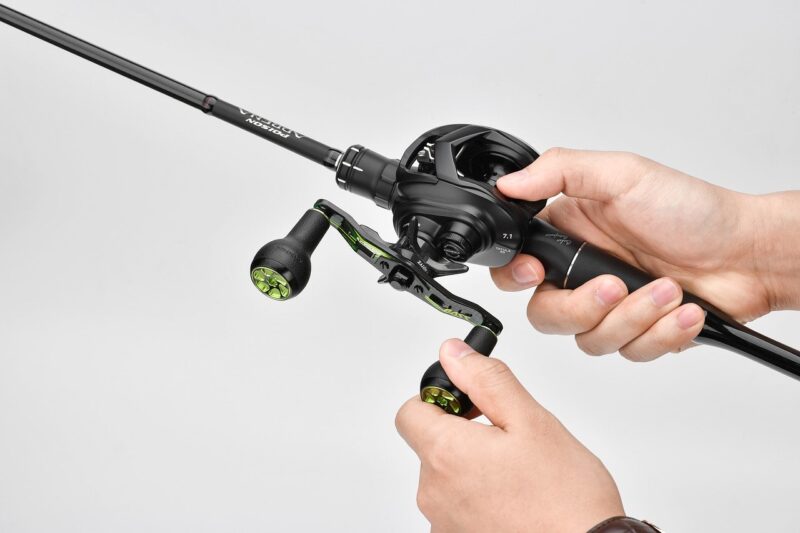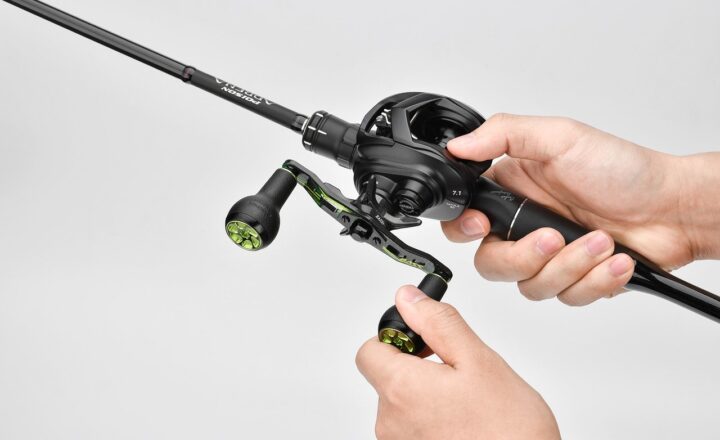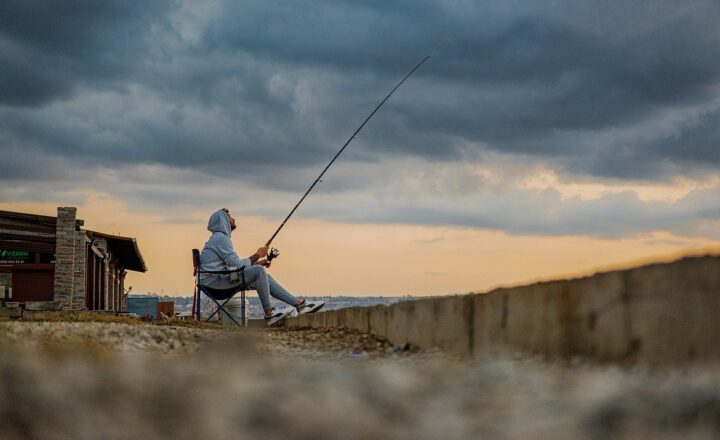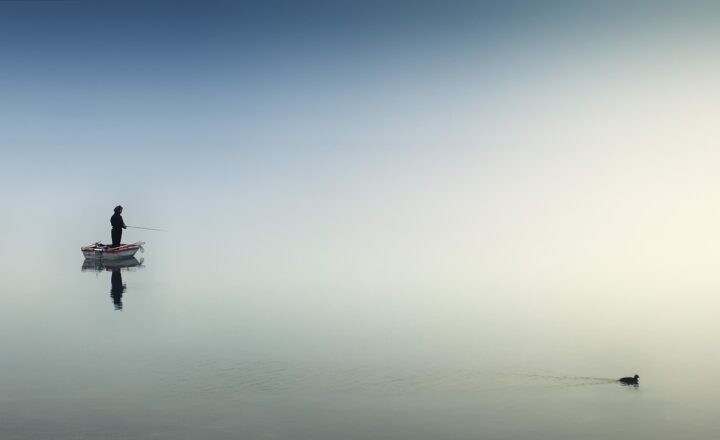Fishing Under Fire: Strange Laws and Regulations You Never Knew Existed
November 19, 2024

Fishing is often regarded as a relaxing pastime, a way to connect with nature, and an opportunity to bring home a fresh catch for dinner. However, beneath the surface of this serene activity, lies a tangled web of bizarre laws and regulations that vary from state to state and country to country. Some of these laws may seem trivial or even ludicrous, but they often have historical, cultural, or environmental significance. Join us as we dive into the unusual and often hilarious world of fishing regulations that you probably didn’t know existed.
1. The Fish You Can’t Catch: Restrictions on Specific Species
In many areas around the globe, certain species of fish are off-limits for a variety of reasons. These restrictions may be in place to protect endangered species or manage the fish population sustainably. However, some of the regulations may surprise you.
For example, in Hawaii, it is illegal to fish for a certain type of fish known as the `honu` or green sea turtle, not just because they are endangered, but also because it is considered a sacred animal in Hawaiian culture. Similarly, in the United States, several states have laws against catching or keeping the St. Lawrence River’s `musky` fish during specific seasons.
While many of these laws are based on conservation efforts, it’s important to note that some less-known regulations can lead to fierce repercussions, including hefty fines or even jail time!
2. Fishing in Unusual Places: Where it’s Forbidden
Engaging in fishing within certain locations can be considered illegal. For instance, in some areas of Florida, it is against the law to fish at night from a bridge or pier without the necessary permits. Not only are there regulations on seasons for fishing, but geographic restrictions can also be mind-boggling.
In parts of Alaska, it’s illegal to fish from a plane or boat that is parked on top of a river. This also extends to fishing from anywhere that conveys you above the water, including using drones. These regulations aim to prevent fishing in an unfair or unsportsmanlike manner, but they certainly create awkward circumstances for avid fishermen.
In countries like Canada, fishing is prohibited in certain national parks to protect native species and habitats. For example, Canada’s Waterton Lakes National Park has strict fishing regulations that include numerous prohibited zones depending on the species you are targeting.
3. Bizarre Fishing Techniques: What Not to Use
Fishing methods often come with their own set of regulations, and some of these methods can be downright strange. Did you know that in some states, it is illegal to fish with your bare hands? That’s right! In places like Kentucky and Tennessee, ‘noodling’—a technique that involves catching catfish by hand—is outlawed during spawn season to prevent overfishing.
Additionally, you might want to leave the dynamite at home when you head out for a fishing trip—using explosives, chemicals, or electric shock for fishing is prohibited in many areas around the world. These regulations are both for safety and preservation of aquatic ecosystems, but it’s hard to imagine someone actually trying to fish with an explosive!
In New Jersey, a law known as “The Fishy Law” dictates that if someone catches a fish that weighs in excess of 25 pounds, they must report it to the state within 24 hours—even if they only intend to throw it back! This absurd regulation means that you may want to keep a scale handy just in case you land that monster catch.
4. Fines for Keeping Fish: Authentically Awkward Regulations
It’s not just about what you can catch but also what you can keep. Many states impose fines if you fail to adhere to size limits on specific species. For instance, in some areas of Australia, a fisherman may face fines if they keep a fish that is either below or exceeds the size limit established for that species.
Furthermore, states like Oregon impose an unusual `fish bingo` rule. If you catch a fish that falls into the “too small” category and keep it, you’ll not only have to throw it back, but you will also incur a fine equivalent to the average market value of that fish multiplied by a factor of 5.
However, fines aren’t the only consequence—keep an eye out for mandatory education courses tied to exceeding catch limits, making it inconvenient for those caught off guard.
5. Devices Not to Use: Don’t Get Caught
Several fishing devices are prohibited for use in many states, often to help maintain fair practices in fishing communities. For example, in many states, gaffs are not permitted to assist in the capture of fish. Doing so can result in significant penalties, especially if these tools are deemed harmful to fish populations.
Some states even categorize certain fishing devices as “non-regulated appliances.” This can include items such as bear traps or snares designed to capture game fish without a rod. Using these devices is not only dangerous but could land you in hot water, as associations closely monitor fishing practices.
In some states, commercial fishermen are not allowed to use devices like fish finders during specific seasons when populations are at risk—it’s considered an unfair advantage, especially during spawning seasons.
6. Funny Fishing Traditions: Quirky Laws with Historical Significance
In places like North Carolina, there are prohibitions on fishing during certain holidays. In historic coastal regions, the law forbids fishing on Sunday as a means of honoring Sabbath practices—an amusing rule that many tourists find perplexing.
In other regions, there are quirky laws that stem from old fisherman’s tales or local traditions. For instance, in some Scandinavian cultures, there’s a belief in `water spirits`, and many fishermen practice rituals before they set out to fish as a way to ensure good luck. It’s amusing to think that centuries-old customs can still influence modern-day fishing laws.
Additionally, in some regions, there are designated days where citizens are encouraged to fish without licenses, celebrating their community’s fishing heritage. These peculiarities reflect the humorous connection between culture and daily life.
Conclusion
Fishing is an age-old pastime enjoyed by many, but as we’ve explored, it’s physically framed by a variety of strange laws and regulations that vary greatly across regions. While these regulations may seem confusing or outlandish at times, they serve essential roles in fish population management, conservation efforts, and even preservation of cultural traditions. Next time you head out for a fishing excursion, make sure to double-check your local fishing laws—you never know what bizarre restrictions may apply. Happy fishing!






